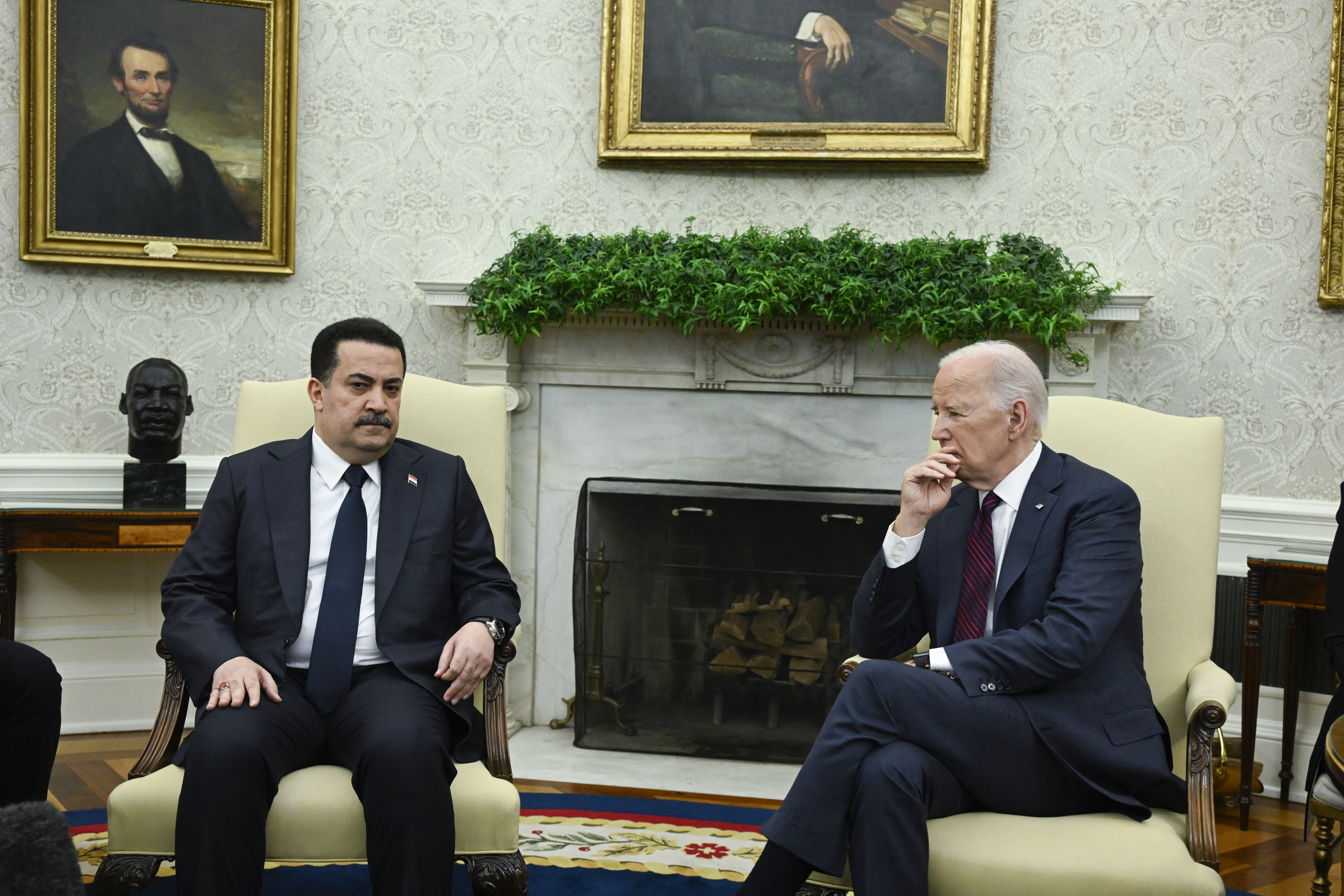World: Jesuit Refugee Service Annual Report 2018
Our Context
At the end of 2017, forced displacement had reached historical levels, with 68.5 million people compelled to flee their homes seeking safety and hope. For the 28.5 million refugees and asylum seekers among that number, the opportunities for resettlement, social integration, and access to education and livelihoods shrank even as needs increased, with many countries opting to close borders and narrow pathways for viable and dignified movement. 2018 witnessed a surge in these patterns, chiefly in Africa where just four countries - South Sudan, Central African Republic, Burundi, and the Democratic Republic of Congo - accounted for over 12 million internally displaced persons (IDPs) and refugees.
Ongoing armed conflict, prolonged famine, and general scarcity of resources are the key factors behind these growing numbers, and neighbouring countries such as Uganda, Tanzania, and Ethiopia have shouldered most of the immediate weight of this reality. Meanwhile, in northeast Nigeria, where the newest JRS country office was opened in June 2018, almost two million people were displaced as a result of conflict between the military and non-state armed groups, and the collapse of social infrastructure.
However, two of the most serious humanitarian crises of 2018 unfolded on other continents. In Myanmar, violent persecution of the Rohingya minority caused nearly 1.5 million people to flee across the border into the Cox’s Bazar district of neighbouring Bangladesh, where the Balukhali-Kutupalong camp now constitutes the world’s largest refugee settlement.
Similarly, the Venezuelan diaspora grew to nearly four million – more than 12 per cent of the country’s population – with nearby Colombia, Ecuador, and Peru providing refuge for many in what is now the largest recorded refugee exodus in Latin American history.
As 2018 drew to a close, over 7,000 Hondurans, Salvadorans, and Guatemalans travelled northwards in caravans for added security as they sought to escape endemic gang violence, and political and economic crises, for a brighter future in Mexico and the United States. Climate disruption and food security are other, often overlooked, factors that could drive even more significant migrant flows in this region over the years to come.
In his message for the 104th World Day of Migrants and Refugees in 2018, Pope Francis spoke of how Jesus Christ “entrusts to the Church’s motherly love every person forced to leave their homeland in search of a better future”. This call to love is and will continue to be the driving force of the JRS mission to accompany, serve, and advocate the cause of refugees.


